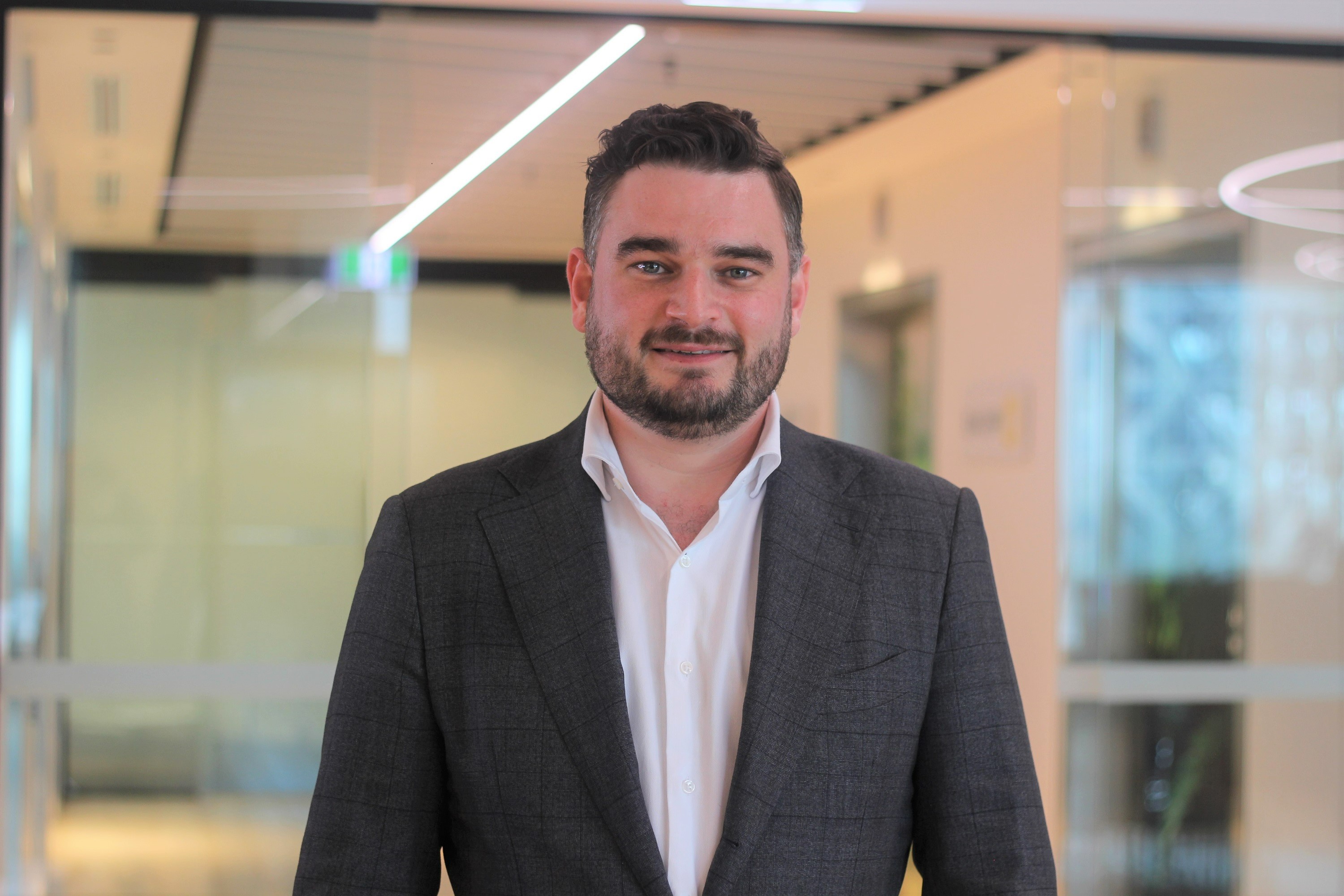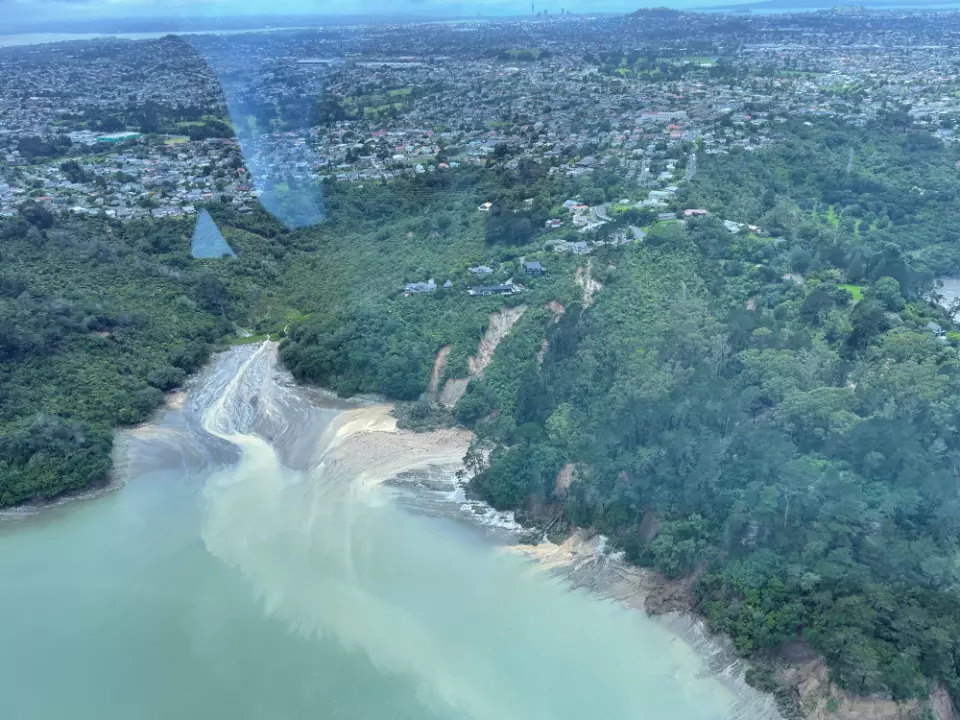Insurance report: Many SMEs not prepared for natural disasters.
Almost one in five small businesses in New Zealand are increasingly worried about the impacts of climate change while only 37 per cent feel prepared to deal with its effects, a new report has found.
The report – the Vero SME Insurance Index 2023 – also revealed that 18 per cent of all Kiwi SME’s (small-to-medium enterprises) have been impacted by a natural disaster in 2023.
Vero’s executive manager for business property, Nick Meister says the company received more than 2600 business insurance claims from the North Island flooding and Cyclone Gabrielle in 2023, and more than 18,000 from the two events across Vero in 2023.
“With the events experienced in much of the country this year – cyclones, severe storms, flooding and landslides – it’s not surprising that one in five say they have growing concerns at the impact of climate change, and that a third of businesses perceive themselves to be at higher risk,” he says.
“This really highlights the importance of small and medium-sized businesses working with their insurance professionals to understand how that can flow through to their business insurance needs and overall business risk management.
“While 57 per cent of businesses believe they are mostly covered for the risks they face, among those only partially covered there is a concerning trend,” Meister says. “Many either don’t think anything bad can happen or haven’t given much thought to what they would do in the event of an incident they are not covered for.”
Meister says the report findings highlight how important it is for businesses to not only review their insurance needs regularly, but to do so with advice from industry experts to ensure they have the right tools in their armoury to meet challenges like climate change.
 Nick Meister, executive manager for business property, Vero Insurance New Zealand.
Nick Meister, executive manager for business property, Vero Insurance New Zealand.To that end, he says Vero is passionate about supporting its clients. “We understand insurance concerns businesses have and have many tools and value-added services to help them protect their business interests.
“With the impacts of recent severe weather events, Covid and cost-of-living increases, SME’s have had a very tough few years, many have had to pivot their focus, and it’s really important our customers have access to the right tools and ensure cover is in place to protect them for when the unexpected happens.
“It’s important for businesses to be able to talk about business challenges with someone who understands insurance, such as a broker, to regularly review their sums insured and understand what they are and are not covered for. Not doing this can result in a business being unintentionally underinsured or not having the appropriate cover which can have a significant impact.“
Meister says a concerning find in the 2023 research is that while almost half of SME’s surveyed made changes to their business in the year, around 70% of SMEs are not taking into account fundamental elements when renewing their insurance.
The Vero SME Insurance Index is produced annually and is designed to share insights on the behaviours and attitudes of small-to-medium sized business towards insurance and risk management. The 2023 report is based on a survey of over 750 SMEs operating in New Zealand.
Meister says the importance of professional advice is further highlighted in the survey; 34 per cent of businesses who work with a broker when renewing their insurance are more likely to consider themselves completely covered than the 22 per cent whose broker is not involved.
And 62 per cent of clients whose brokers were involved (in renewal) reported being satisfied, whereas only 34 per cent whose brokers were not involved reported the same.
“If a broker was involved, businesses are seven times more likely to take increasing costs of replacement into account, four times more likely to take experiences in the last year into account and three times more likely to take changes in equipment and assets into account,” he says.
“Working with a broker not only leads to improved outcomes, but clients gain greater confidence in their cover and are more likely to consider important factors affecting their risks.”
Meister says insurance is one part of the equation. “We take a holistic approach in our work with customers by, on the one hand, helping them understand and be aware of the risks they face and, on the other, helping them with measures to minimise these risks rather than just having to rely on an insurance payout.
“Encouraging clients to think critically about potential incidents and their consequences can help foster a proactive mindset,” he says.
The company also provides an online risk profiler which has information on ways to minimise property damage caused by a natural disaster along with a wealth of information on high-risk activity and other more typical business risks. It includes claims statistics, and more than 85 industry specific guides and insurance checklists. The Risk Profiler is free to use and its resources are downloadable.
Among other key findings Vero’s SME Insurance Index shows that 41 per cent of SMEs made changes to their business insurance in the past year (mostly to reduce cover or switch users), 49 per cent made changes to their business operations such as reducing staff, diversifying products or moving online.
While the number of businesses prepared for climate change is relatively low, some are more prepared than others with the report showing 51 per cent of farm-based businesses, for example, feel prepared to deal with its impact.
For more information go to: Vero SME Insurance Index 2023 | Vero






